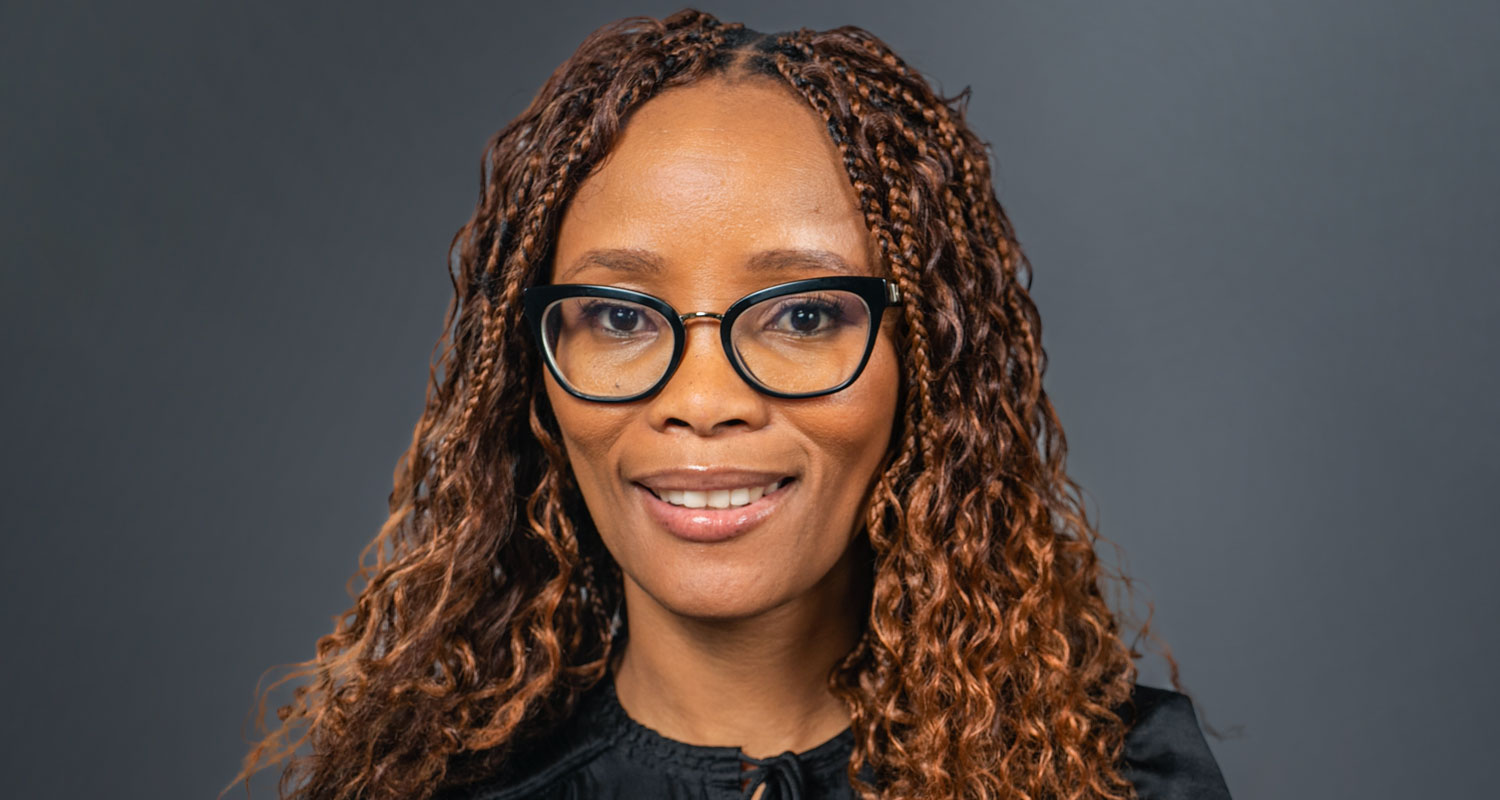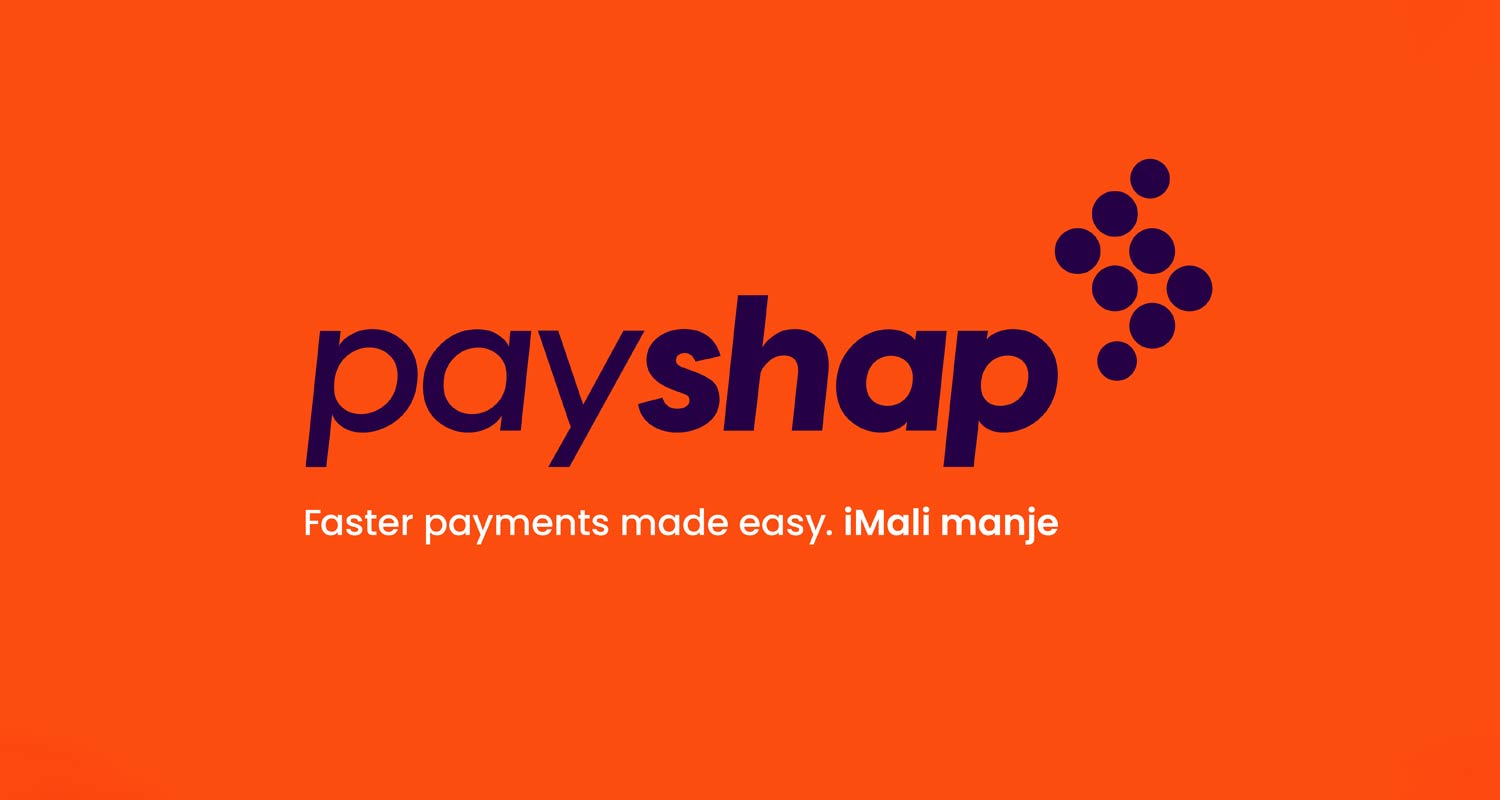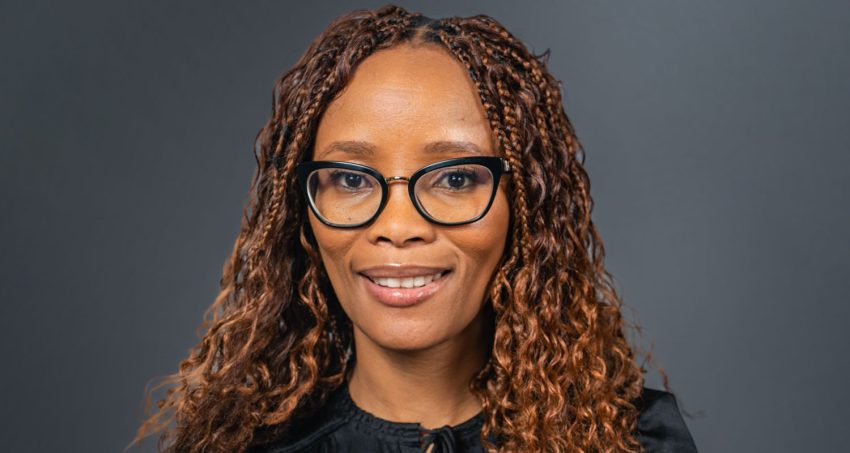
Banks should consider lowering the fees they charge for PayShap transactions to drive higher rates of financial inclusion and increase adoption of the rapid payments platform in South Africa.
This is according to Nthabiseng Mohale, head of interbank and domestic payments at Standard Bank Group, who spoke to TechCentral at the launch of Standard Bank Corporate and Investment Bank’s Payments in Africa white paper on Wednesday.
The white paper looks at the payments ecosystem across the continent, highlighting key developments in mobile payments, regional payment corridors, the modernisation of regulatory regimes and the growth of instant payment facilities. In compiling the report, Standard Bank CIB identified and reflected on barriers to rapid payments adoption in South Africa and found that price was chief among them.
“Each bank has its own pricing strategy and that is a problem because from an inclusion perspective, PayShap was meant to be cost effective. As the banking industry we need to review our pricing strategy – how we charge the end user to access or initiate a PayShap payment – because if PayShap costs the same as an EFT, for example, then why would people use it?” asked Mohale.
The approach to the pricing of rapid payment platforms like PayShap differs from country to country. Those with similar demographic profiles and financial inclusion goals as South Africa, including Brazil and India, have opted to regulate pricing to keep it low. India’s UPI and Brazil’s Pix are free for person-to-person transactions.
Mohale said South Africa’s current regulation regarding PayShap pricing is adequate; it is the banks that need to change their perspective.
‘Long-term view’
“From a regulatory perspective, the interchange fees have been defined – they are there, they are simple and they are clear. From a commercial perspective, the banks need to look at this longer term and not just in terms of quickly recouping the investment into the platform,” said Mohale.
“These are the core rails that we are going to use to modernise all other rails, and they are going to be here for a long time. So, we shouldn’t be recouping now; we should rather take a long-term view,” she said.
When PayShap was introduced in 2023, Standard Bank charged its personal banking customers R10 for transactions up to R2 000 and R50 for those above R2 000 with a transfer limit of R3 000. According to the bank’s 2025 pricing guide, personal banking customers are now charged R1 for PayShap transactions below R100, R7 for those below R2 000 and R50 for those above R2 000. The cheapest bank for PayShap transactions remains TymeBank, where they are free of charge.
Another factor identified by Standard Bank as a barrier to PayShap adoption within its own client base is the unavailability of a USSD channel for PayShap payments.
Read: QR code payments are coming to PayShap
Mohale said a significant portion – more than half – of the bank’s transactions occur via USSD, and many of the customers PayShap intends to reach either have no access to a smart phone or are uncomfortable with having a banking app.
“USSD happens at the bank level because the channels for PayShap are actually determined by the banks. PayInc has delivered what we have as PayShap as the foundation of a system that enables transactions to flow. How the banks deliver that to their clients is up to their own channel strategy,” said Mohale.
 PayShap is owned by South Africa’s major banks through clearing house PayInc, which was previously known as BankServAfrica. The Competition Commission last week announced it had approved a bid by the South African Reserve Bank to acquire a 50% stake in PayInc, meaning PayShap will now be jointly owned by the public-private partnership between the Sarb and the banks.
PayShap is owned by South Africa’s major banks through clearing house PayInc, which was previously known as BankServAfrica. The Competition Commission last week announced it had approved a bid by the South African Reserve Bank to acquire a 50% stake in PayInc, meaning PayShap will now be jointly owned by the public-private partnership between the Sarb and the banks.
According to Mohale, one of the major reasons for the partnership is to give PayInc the financial backing it needs to compete more effectively with international payments services firms like Visa and Mastercard in the local market. The other reason is closely related to PayShap and its adoption.
Read: PayInc emerges as South Africa’s national payments utility
“It is about building a utility that is owned in South Africa but also about the Sarb implementing its objectives around inclusion, assisting where there would be constraints and improving harmonisation within the payments ecosystem,” said Mohale. – © 2025 NewsCentral Media
Get breaking news from TechCentral on WhatsApp. Sign up here.

